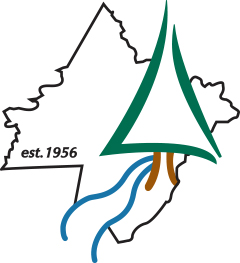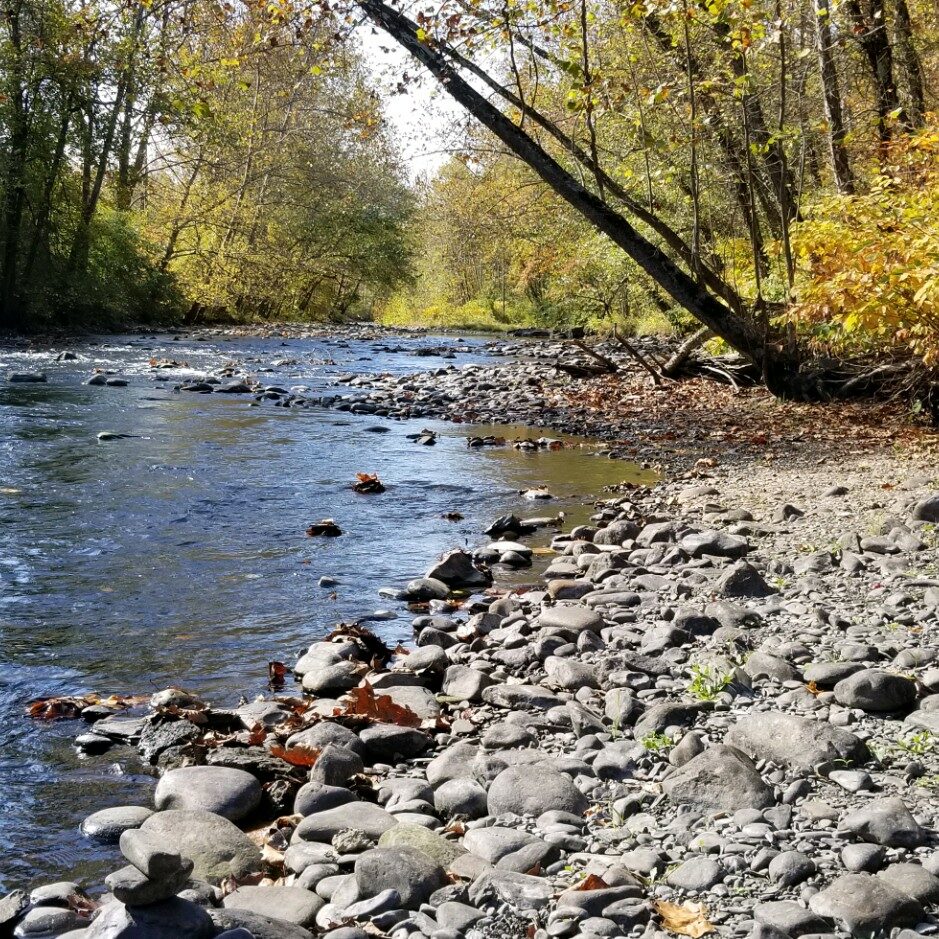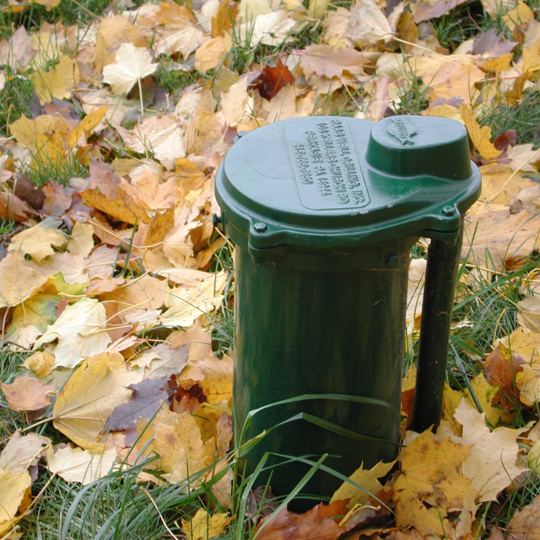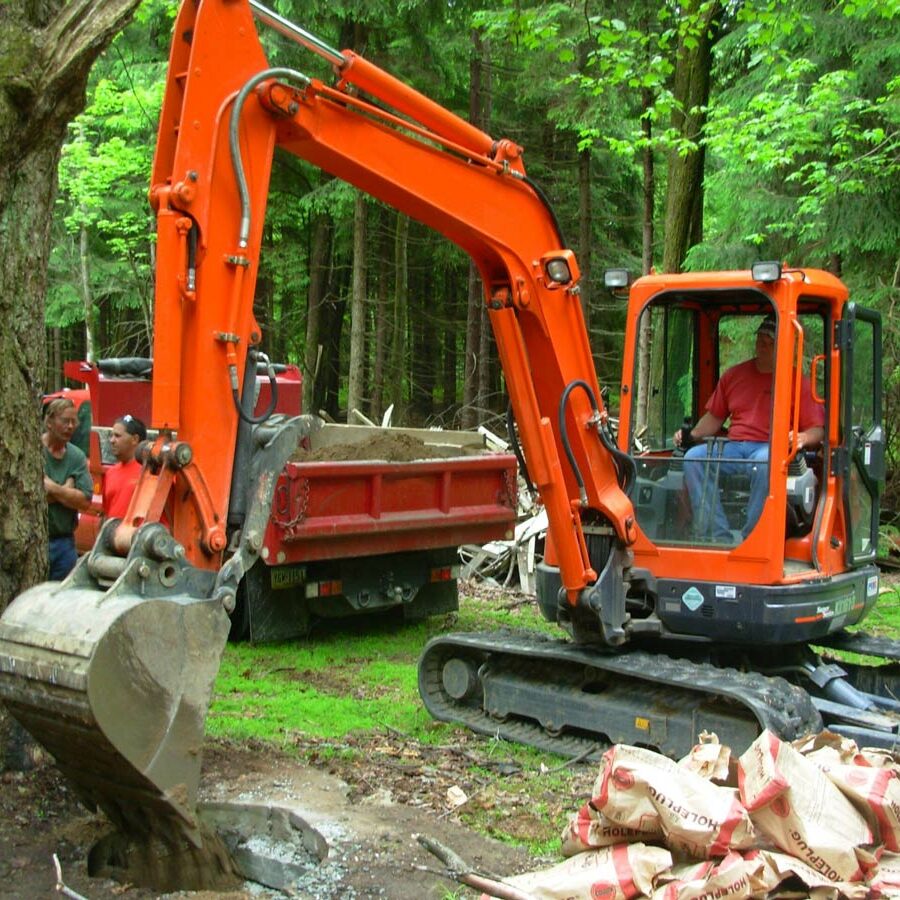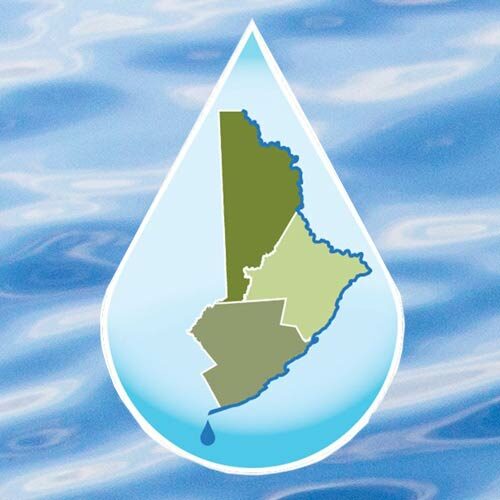
Public Drinking Water Systems
Information for System Operators
Certified operators are a critical part of providing an adequate and safe supply of water.
Operators are typically responsible for a variety of tasks centered around operating and maintaining a system or plant. They typically work in a selection of capacities: water treatment, distribution, water collection, or wastewater.
Drinking water utilities that meet the definition of a public water system are responsible for meeting the requirements of federal and state drinking water programs under the Safe Drinking Water Act (SDWA).
Resources for More Information:
Information for Consumers
Consumer Confidence Reports are required to be available for all Public well System consumers annually.
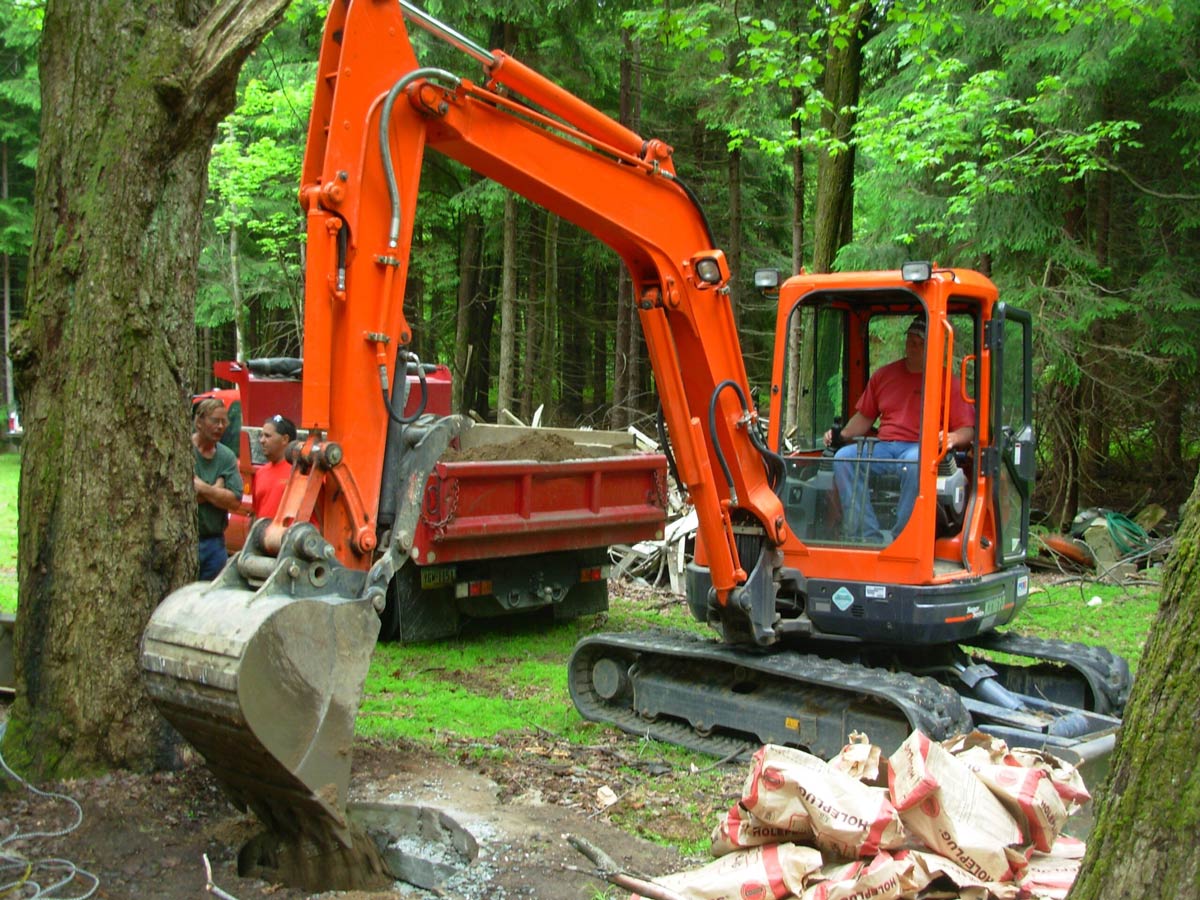
The Partnership for Safe Water (PSW) is a voluntary effort between six drinking water organizations and more than 250 water utilities throughout the United States.
The PSW’s mission is to improve the quality of water delivered to customers by optimizing water system operations. The PSW offers self-assessment and optimization programs so that operators, managers, and administrators have the tools to improve performance above and beyond proposed regulatory levels.

Wetlands provide habitat for wildlife, filter water, and can act like a sponge to limit flooding.
Protect wetlands by not damaging the flow of water. This can mean not placing soil or fill in wetlands and not digging in them to redirect water.
